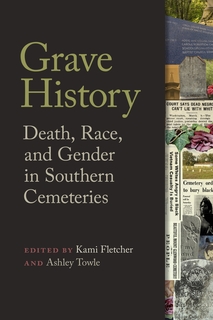Skip to main content
project collections
The Georgia Open History Library (GOHL) includes open-access digital editions of single-authored scholarly titles and two multivolume series, comprising almost fifty individual volumes in history and primary documents. The open text library was generously funded by the National Endowment for the Humanities in anticipation of the 250th anniversary of the founding of the United States in 2026. Our title selection, not surprisingly, focuses on the colony and eventual statehood of Georgia and its relationship with other groups, colonies, countries, and the new Union. It includes studies of Adams and Jefferson; the American Revolution in Georgia; the Creek Nation; the papers of Revolutionary War general Lachlan McIntosh and the colony’s visionary founder James Edward Oglethorpe; and records of the German-speaking Protestant Salzburger settlement.

The Georgia Open History Library has been made possible in part by a major grant from the National Endowment for the Humanities: Democracy demands wisdom. Any views, findings, conclusions, or recommendations expressed in this collection, do not necessarily represent those of the National Endowment for the Humanities.

The Georgia Open History Library has been made possible in part by a major grant from the National Endowment for the Humanities: Democracy demands wisdom. Any views, findings, conclusions, or recommendations expressed in this collection, do not necessarily represent those of the National Endowment for the Humanities.

Adams and Jefferson
A Revolutionary Dialogue
Merrill D. Peterson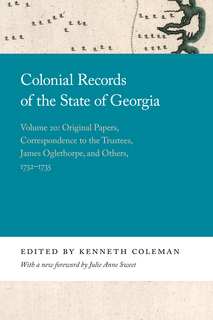
Colonial Records of the State of Georgia
Volume 20: Original Papers, Correspondence to the Trustees, James Oglethorpe, and Others, 1732–35
Kenneth Coleman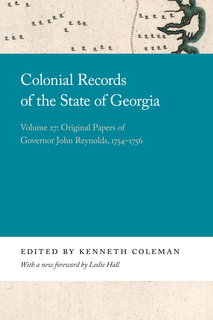
Colonial Records of the State of Georgia
Volume 27: Original Papers of Governor John Reynolds, 1754-1756
Kenneth Coleman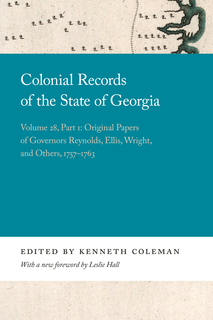
Colonial Records of the State of Georgia
Volume 28, Part I: Original Papers of Governors Reynolds, Ellis, Wright, and Others, 1757-1763
Kenneth Coleman
This series provides a venue for international, pioneering scholarship that moves our understanding of race, racism, ethnicity, and ethnic oppression forward. The series features books that engage in contemporary social issues in a meaningful way, advocating intervention and action in social justice and social transformation.
While theoretically and empirically grounded in sociology, books in this series intersect a wide array of social sciences (geography, history, political science, anthropology, philosophy). Aimed at both academics and practitioners through thought-provoking and teachable manuscripts, we are particularly interested in “engaged scholarship.” We also encourage theoretical perspectives (and methods and methodologies) that have historically been marginalized but that are intellectually engaged, rigorous, and critical. Such perspectives include, but are not limited to, Du Boisian analysis, critical race theory, Afrocentrist/-futurist, and Latinx critical theory, as well as critical raced-gendered and other intersectional epistemologies.
While theoretically and empirically grounded in sociology, books in this series intersect a wide array of social sciences (geography, history, political science, anthropology, philosophy). Aimed at both academics and practitioners through thought-provoking and teachable manuscripts, we are particularly interested in “engaged scholarship.” We also encourage theoretical perspectives (and methods and methodologies) that have historically been marginalized but that are intellectually engaged, rigorous, and critical. Such perspectives include, but are not limited to, Du Boisian analysis, critical race theory, Afrocentrist/-futurist, and Latinx critical theory, as well as critical raced-gendered and other intersectional epistemologies.
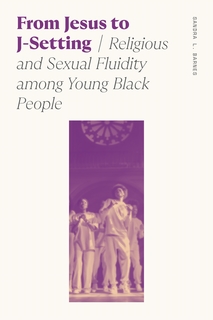
From Jesus to J-Setting
Religious and Sexual Fluidity among Young Black People
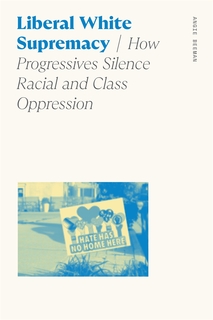
Liberal White Supremacy
How Progressives Silence Racial and Class Oppression
Angie Beeman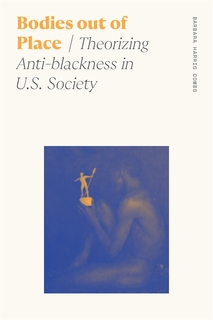
Bodies out of Place
Theorizing Anti-blackness in U.S. Society
Barbara Harris Combs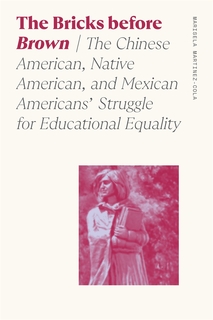
The Bricks before Brown
The Chinese American, Native American, and Mexican Americans' Struggle for Educational Equality
Marisela Martinez-Cola
The New Perspectives on the Civil War Era series is dedicated to the publication of primary sources (letters, diaries, speeches, etc.) of the Civil War era from a wide diversity of perspectives—respecting the soldier’s voice but not privileging it over every other as is the case in many such edited volumes. It recognizes that there are many voices from the Civil War era that need to be heard. Soldiers, women, civilians, slaves, politicians, bureaucrats, journalists, diplomats, and foreign observers all have a particular insight into that great conflict and deserve to have a forum to have their stories told.

Radical Relationships
The Civil War–Era Correspondence of Mathilde Franziska Anneke
Alison Clark Efford, Viktorija Bilic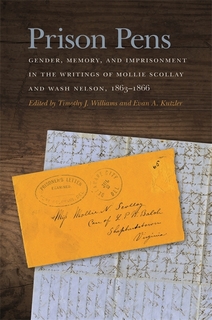
Prison Pens
Gender, Memory, and Imprisonment in the Writings of Mollie Scollay and Wash Nelson, 1863–1866
Evan A. Kutzler, Timothy J. Williams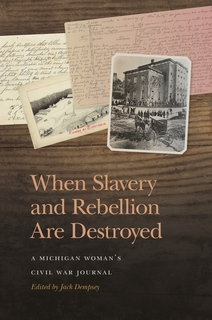
When Slavery and Rebellion Are Destroyed
A Michigan Woman’s Civil War Journal
Jack Dempsey

A Southern Underground Railroad
Black Georgians and the Promise of Spanish Florida and Indian Country
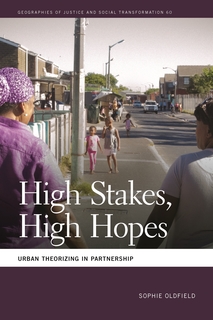
High Stakes, High Hopes
Urban Theorizing in Partnership
Sophie Oldfield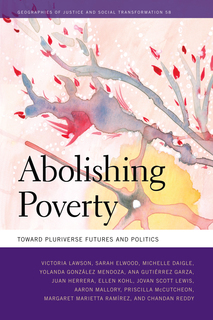
Abolishing Poverty
Toward Pluriverse Futures and Politics
Victoria Lawson, Sarah Elwood
Prophet of Discontent
Martin Luther King Jr. and the Critique of Racial Capitalism
Andrew J. Douglas, Jared Loggins


